
Alison Pearce Stevens is a former duck wrangler, beekeeper and forever science geek who specializes in writing about science and nature for kids. She lives in the Midwest with her husband, their two kids and a small menagerie of cuddly (and not-so cuddly) critters. She writes for Science News Explores, Highlights, ASK (Arts and Sciences for Kids) magazine and National Geographic Kids' Books. Her next book, Rhinos in Nebraska, comes out in 2021. She is also an avid gardener who can often be found in her yard, checking out the critters that call it home.

All Stories by Alison Pearce Stevens
-
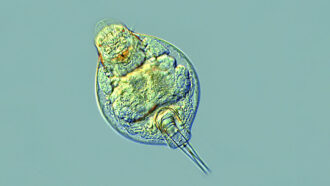 Animals
AnimalsTiny animals survive 24,000 years in suspended animation
Tiny bdelloid rotifers awake from a 24,000-year slumber when freed from the Arctic permafrost.
-
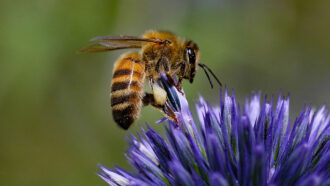 Animals
AnimalsAbdominal fuzz makes bee bodies super slippery
Scientists find that tiny hairs on a honeybee’s abdomen reduce wear and tear as a bee’s outer skeletal parts rub against each other all day long.
-
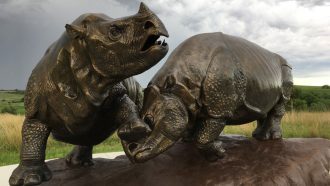 Fossils
FossilsRhinos, camels and bone-crushing dogs once roamed Nebraska
Scientists digging into the remnants of an ancient watering hole in Nebraska discovered evidence of an Africa-like savanna, complete with rhinos.
-
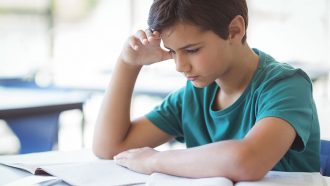 Brain
BrainPatterns in brain activity can identify who will struggle to read
Certain patterns of brain activity predict whether teens are strong readers or will struggle. Those diagnostic patterns show up even when doing math.
-
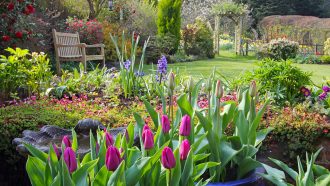 Plants
PlantsUrban gardens create a buffet for bees
City gardens provide a huge amount of nectar and pollen for pollinators, making them an essential conservation tool.
-
 Health & Medicine
Health & MedicineTeen depression linked to how the brain processes rewards
Depression in teens alters their brains’ pathways in ways that may put those kids at risk of lifelong mental-health problems — unless they get help.
-
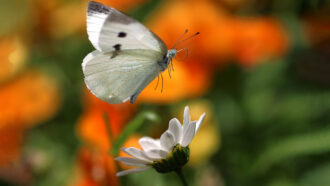 Physics
PhysicsButterflies use jet propulsion for quick getaways
If you have ever tried to catch a resting butterfly, you know they are surprisingly difficult to nab. A new study helps explain why.
-
 Brain
BrainStudy is first to link brainwaves to certain forms of thought
Electrical activity in the brain reveals when we are focused or allowing our minds to wander freely.
-
 Psychology
PsychologyCan’t remember? Maybe you multitask too much between screens
Splitting your attention between devices can make it hard to create new memories, even when you’re not multitasking.
-
 Health & Medicine
Health & MedicineSocial distancing for teens shouldn’t mean giving up your social life
During even partial lockdowns, keeping connected with friends makes all the difference. That’s what athletes and other teen groups are finding.
-
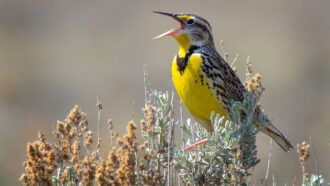 Animals
AnimalsAround the world, birds are in crisis
Human activities around the world are threatening bird species. Numbers of even some of the most common species are starting to fall.
-
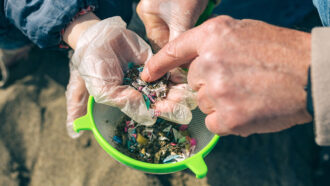 Environment
EnvironmentPolluting microplastics harm both animals and ecosystems
Researchers are beginning to uncover the real-world impacts of polluting microplastic bits on animals and the ecosystems they inhabit.